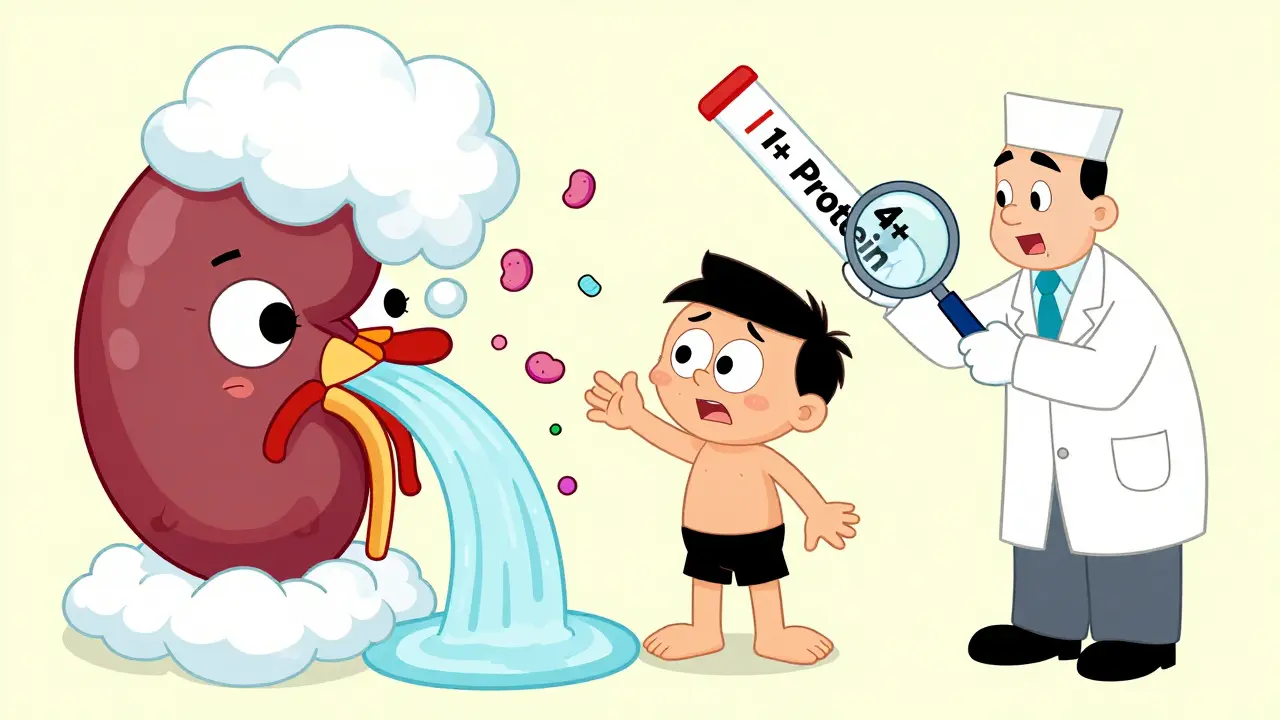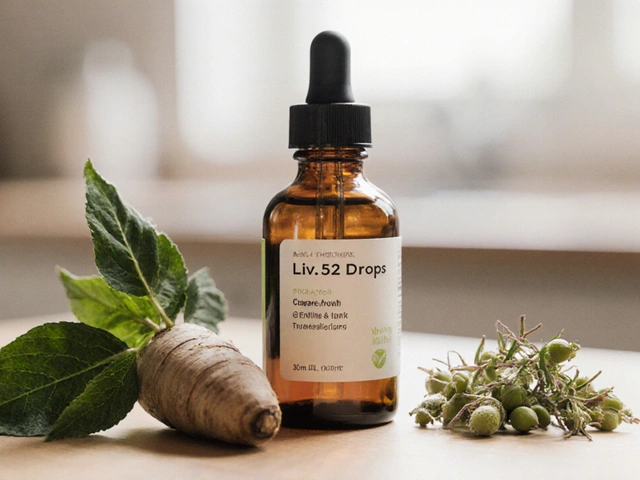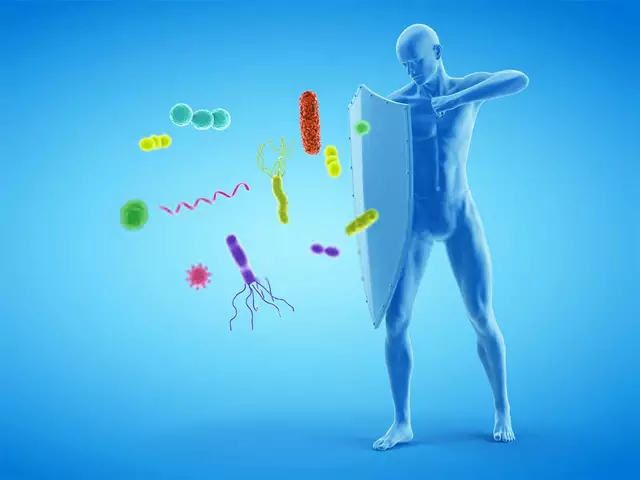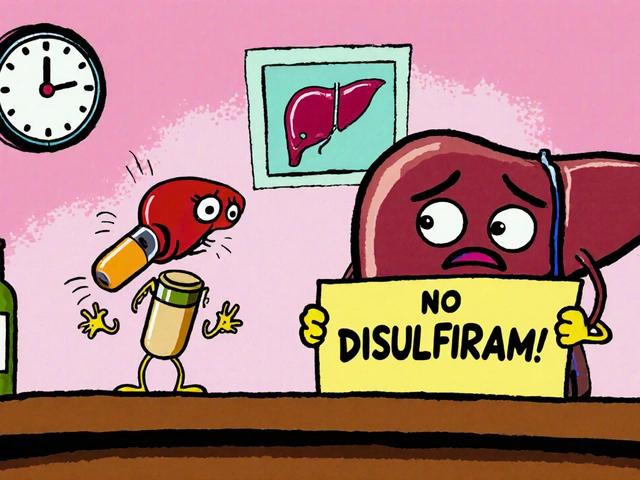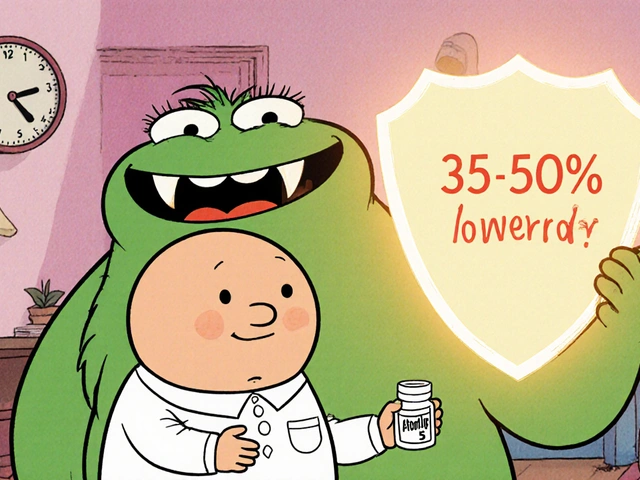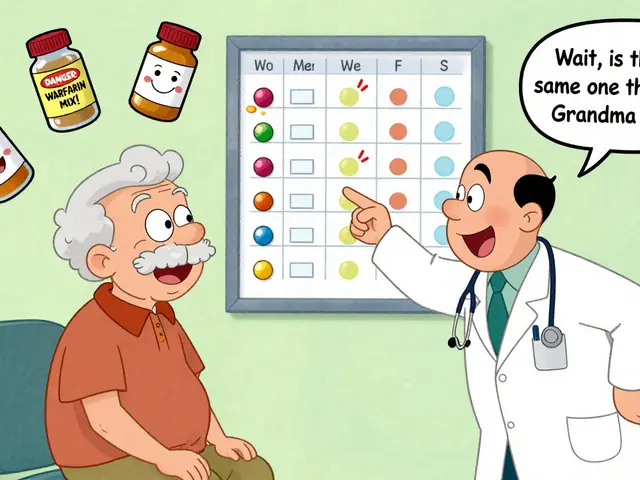Kidney disease: what it is and how to protect your kidneys
Nearly 1 in 10 adults worldwide shows signs of kidney disease. That means many people have damaged kidneys and don’t know it. Kidneys filter waste, control blood pressure, and balance fluids and minerals. When they fail, toxins build up, energy drops, and complications follow.
Common causes include diabetes, high blood pressure, repeated infections, certain medicines, and inherited conditions. Early stages often have no clear symptoms. That’s why simple tests like a urine check for protein and a blood test for creatinine matter.
Symptoms to watch
Look out for swollen ankles, persistent tiredness, poor appetite, changes in urination, or foamy urine. High blood pressure that won’t respond to treatment can also signal kidney trouble. If you have diabetes or heart disease, check your kidneys yearly.
Tests and diagnosis
Primary checks include estimated glomerular filtration rate (eGFR) from blood, urine albumin-to-creatinine ratio (ACR), and imaging in select cases. These results tell doctors how well your kidneys filter and whether protein leaks into urine. Tracking numbers over time matters more than a single result.
Treatment depends on cause and stage. For early kidney disease, blood pressure control, blood sugar control, ACE inhibitors or ARBs, and lifestyle changes slow damage. In advanced stages, dialysis or transplant may be needed.
Medication safety: avoid long-term NSAIDs like ibuprofen unless doctor okays it. Tell your provider about supplements and antibiotics—some raise kidney stress or need dose changes. Always ask if a drug is safe for reduced kidney function.
Diet and habits: cut down added salt, aim for steady protein (not a huge amount), stay active, quit smoking, and manage weight. That reduces strain and helps blood pressure and diabetes control. Drink sensible amounts—overhydration rarely helps damaged kidneys.
Living with CKD: regular lab checks, a clear plan from your care team, and simple daily habits make a big difference. Many people maintain good quality of life for years with the right care. Ask for a kidney-friendly medication list and a nutrition referral when needed.
When to see a doctor: if you notice shortness of breath, sudden swelling, very low urine output, or confusion, seek care quickly. For subtle symptoms or risk factors, book a routine check and get urine and blood tests.
Want more practical guides? Our site covers meds, side effects, and safe choices for people with kidney concerns. Use tags to find related articles and always check with your clinician before changing treatment.
Quick checklist for a kidney-friendly checkup: 1) blood pressure reading; 2) urine ACR; 3) serum creatinine and eGFR; 4) review meds and supplements; 5) nutrition advice. Bring a list of all pills to your appointment. If family members had kidney disease, mention that — genetics matter.
Small steps add up: swap soda for water, choose whole grains, trim portion sizes, and schedule one activity you enjoy each day. These moves help kidneys and overall health. If you smoke, ask your doctor about quitting aids — tobacco speeds up kidney loss.
Early checks save time and complications. Book a test if you have risks.
